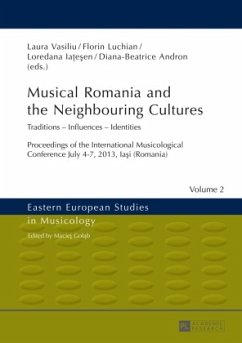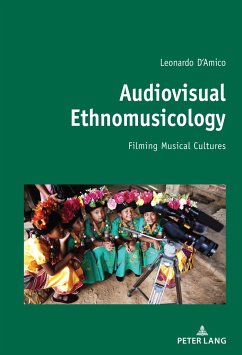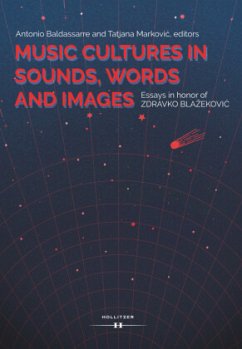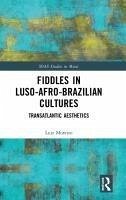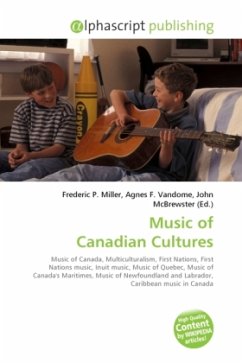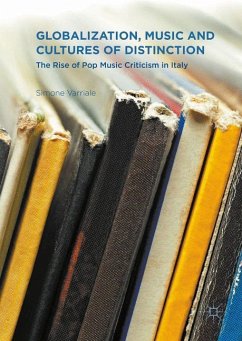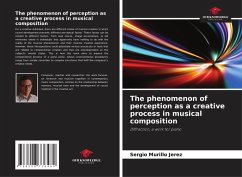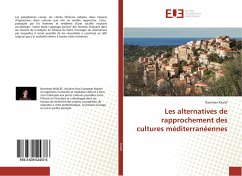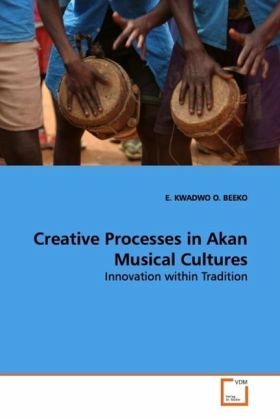
Creative Processes in Akan Musical Cultures
Innovation within Tradition
Versandkostenfrei!
Versandfertig in 6-10 Tagen
45,99 €
inkl. MwSt.

PAYBACK Punkte
23 °P sammeln!
The book is oriented toward the creative activitiesof the individual composers in the Akan society whomake profound contributions through theircompositions to sustain the music tradition. It ispremised on the fact that they also, like all othercreative individuals, have the natural capacity toeffect changes in their environments. It thusexamines how these musicians who, although they workwithin the constraints imposed by the artisticparameters of their culture, are able to generate andadd new ideas into the existing musical elements. Ittherefore outlines several factors that underpin thepresen...
The book is oriented toward the creative activities
of the individual composers in the Akan society who
make profound contributions through their
compositions to sustain the music tradition. It is
premised on the fact that they also, like all other
creative individuals, have the natural capacity to
effect changes in their environments. It thus
examines how these musicians who, although they work
within the constraints imposed by the artistic
parameters of their culture, are able to generate and
add new ideas into the existing musical elements. It
therefore outlines several factors that underpin the
present-day concept of African Music, such as, for
example, the rise of new distinctions in the musical
practices, and how such distinctions have become
parts of the characteristics of the entire "way of
life" of modern Africa. It thus shows that, apart
from the traditional social contexts which African
music may have adopted, there has also arisen new
social contexts peculiar to the modern life of the
communities, which have provided further outlets for
composing and performing the African music.
of the individual composers in the Akan society who
make profound contributions through their
compositions to sustain the music tradition. It is
premised on the fact that they also, like all other
creative individuals, have the natural capacity to
effect changes in their environments. It thus
examines how these musicians who, although they work
within the constraints imposed by the artistic
parameters of their culture, are able to generate and
add new ideas into the existing musical elements. It
therefore outlines several factors that underpin the
present-day concept of African Music, such as, for
example, the rise of new distinctions in the musical
practices, and how such distinctions have become
parts of the characteristics of the entire "way of
life" of modern Africa. It thus shows that, apart
from the traditional social contexts which African
music may have adopted, there has also arisen new
social contexts peculiar to the modern life of the
communities, which have provided further outlets for
composing and performing the African music.



